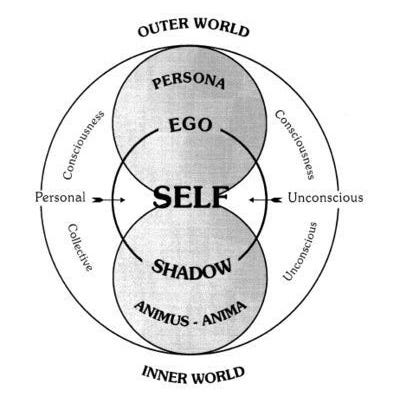Hello hello!
Summer is here, in our face. Hope you are keeping sunscreens handy. We are also in the last leg of publishing. Tadow is almost here. Just a month to go.
Almost. Hmm. Made me pause. Well, almost is a sad, strange word.
One of the most fundamental yet overlooked aspects of human cognition is that we are not naturally attuned to definitive states. Success, failure, love, indifference but rather, we are obsessed with the spaces in between.
Our emotions, motivations, and memories are shaped not by where we are, but by where we almost were.
For example - A missed opportunity lingers far longer in our minds than a completed task or a love that was almost reciprocated torments us more than one that never existed. Even our sense of identity is a construct of who we are almost becoming.
We think we seek happiness, but we are wired to chase proximity to fulfillment, not fulfillment itself. It explains nostalgia, regret, ambition, curiosity, and even why social media addiction thrives; because it gives us endless glimpses of lives almost like ours.
Our deepest psychological driver is nearly attaining and nearly losing.
A life fully lived is just a graveyard of ‘almosts’ put to rest.
Collective Whimsy
Have you ever counted steps as you climbed them, whispering the numbers like a quiet incantation? Have you ever replayed an argument in the shower, perfecting the comeback you never delivered? Or perhaps, in a moment of inexplicable impulse, you’ve tried to balance a spoon on the edge of a cup, as if conducting some secretive physics experiment?
There’s an odd comfort in these peculiarities. These seemingly insignificant, deeply personal rituals. Yet, what if they aren’t as personal as they seem? What if, scattered across continents, in different languages and time zones, someone else is doing the exact same thing at this very moment?
Carl Jung’s idea of the Collective Unconscious suggests that we are all tethered to an ancient, inherited memory — a vast, invisible archive of instincts and symbols, passed down like an ancestral hand-me-down. It’s why mythology overlaps across cultures, why stories of serpents and heroes exist in places that never touched, why the same dreams whisper their cryptic messages in different ears.
It’s also why strangers, without ever meeting, hum the same tune when they’re lost in thought. It’s why children instinctively know how to play, why laughter has a universal rhythm, and why, even in solitude, we are never truly alone.
Maybe that’s why déjà vu feels like a cosmic wink. Prolly like an echo of something once known, now remembered.
So, the next time you find yourself tracing patterns on fogged-up glass or aligning the tiles on the floor just so, know this: somewhere, someone else is doing the exact same thing. And maybe, just maybe, we are all just different hands of the same clock; ticking in sync, across time and space.
Inkspirations this month:
Keeping it raw -
Until the thirteenth,
Writeously yours,
Shalaka Kulkarni




![100+] Almost Famous Wallpapers | Wallpapers.com 100+] Almost Famous Wallpapers | Wallpapers.com](https://substackcdn.com/image/fetch/$s_!txx_!,w_1456,c_limit,f_auto,q_auto:good,fl_progressive:steep/https%3A%2F%2Fsubstack-post-media.s3.amazonaws.com%2Fpublic%2Fimages%2F87367927-4bc6-45d3-8404-1fb6ab0b9ba0_1920x1440.jpeg)
